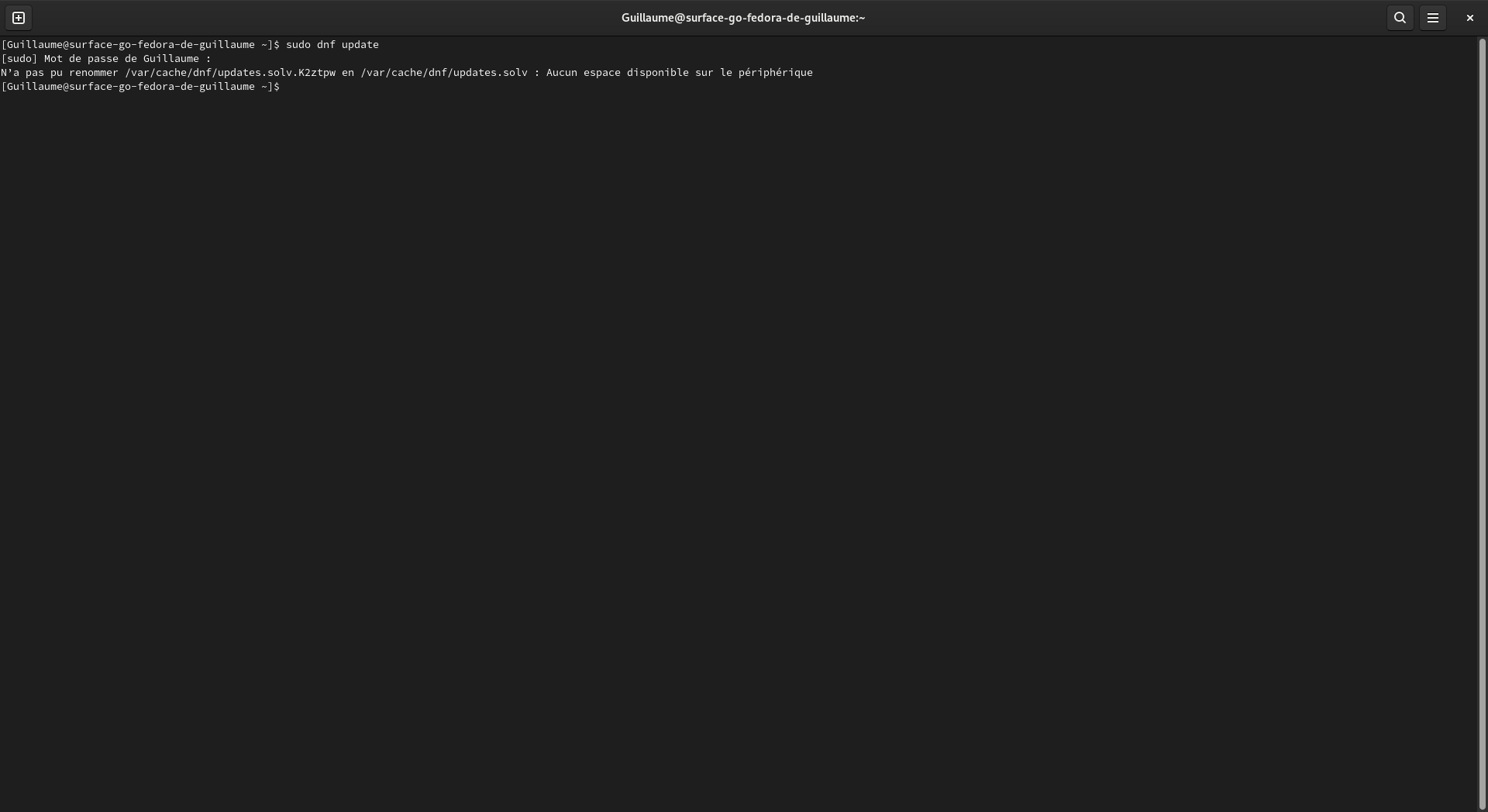this post was submitted on 06 Jun 2024
36 points (86.0% liked)
Linux
52724 readers
443 users here now
From Wikipedia, the free encyclopedia
Linux is a family of open source Unix-like operating systems based on the Linux kernel, an operating system kernel first released on September 17, 1991 by Linus Torvalds. Linux is typically packaged in a Linux distribution (or distro for short).
Distributions include the Linux kernel and supporting system software and libraries, many of which are provided by the GNU Project. Many Linux distributions use the word "Linux" in their name, but the Free Software Foundation uses the name GNU/Linux to emphasize the importance of GNU software, causing some controversy.
Rules
- Posts must be relevant to operating systems running the Linux kernel. GNU/Linux or otherwise.
- No misinformation
- No NSFW content
- No hate speech, bigotry, etc
Related Communities
Community icon by Alpár-Etele Méder, licensed under CC BY 3.0
founded 5 years ago
MODERATORS
you are viewing a single comment's thread
view the rest of the comments
view the rest of the comments

That's what I got in the end after I was able to use the command you gave me. I don't know if it helped or not. I just hope the problem I had is gone for good.
That output means that it did something, but I suspect there's a risk the same thing could happen in the future. I run this command every now and then in an attempt to avoid fragmentation, especially if the disk has been close to full, but I'm not entirely sure what's causing it to happen in the first place.